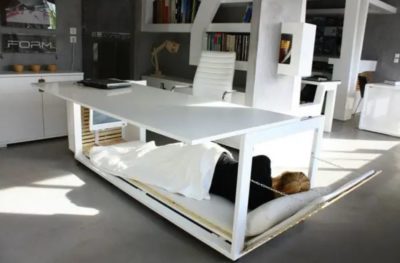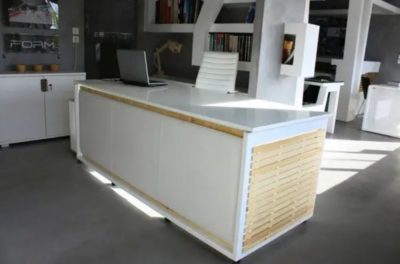A study published in American medicine journal, Nature Neuroscience, shows that employees who take ‘power naps’ —brief periods of daytime sleep lasting an hour or less at work— are likely to be more productive than their indefatigable colleagues.
The study conducted by seven Harvard University students dubbed The restorative effect of naps on perceptual deterioration tested the ability of employees to deliver before taking naps vs when they have taken naps in order to understand how important it is for the working class to slow down when their bodies demand it.
Subjects were tested four times throughout the day. Output deteriorated for subjects who worked the whole day without taking a nap while employees who took 30-minute naps between the tests stopped the deterioration while those who took a one hour nap between the tests managed to reverse the deterioration altogether.
“As life in our culture becomes more demanding, average nightly sleep is decreasing in all segments of the population. Naps improve alertness, productivity and mood, especially under sleep-deprived conditions during nightshift work and during prolonged periods of driving,” reads the study.
Nancy Leivatodou, a Greek architect working with NL studios has come up with the ‘1.6 S.M. of Life Desk’ —a workspace that breaks down into a bed.


Currently it is still a prototype but the thinking behind creation of the desks is the same as the reasoning that went behind the research- employees are likely to perform optimally if they take power naps.
When Business Today asked Veronica Nyokabi, a Human Resource (HR) practitioner currently working with Acumen Equities Limited, a property management company based in Ongata Rongai the psychological impact that power naps are likely to have on employees she said, “The naps are likely to have a positive impact but all that will depend on whether the naps will affect normal business operations,” said Ms Nyokabi.
Read: Kenyans earn average of Sh78,600
According to her, it is likely that the naps will motivate her employees but she is wary of whether the working schedule of the company will change if Acumen decides to procure the life desks for the employees.
The culture of afternoon naps is borrowed from China and the South Korea where power naps are routine.
Huawei, one of the largest telecommunication gadgets makers in the world incorporates power napping in its HR policy.
The company reported a net income of Ksh729.78 in 2017 and is currently the main subject of a trade war between China and the United States, its productivity cannot be questioned meaning that the nap culture can be adopted in Kenya.
See also: How to retain millenials at the work place
Is it time for Kenyan employers to consider drafting the Life Desk at work places?












2 Comments